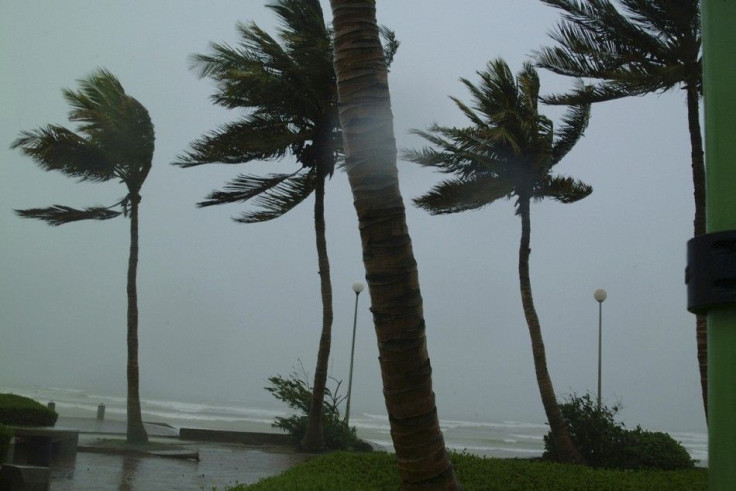Arabian Sea Tropical Cyclones Intensified by Increasing Pollution

Pollution from human activities including carbon emissions and other aerosols intensified tropical cyclones in the Arabian Sea, according to a recent study.
Increased concentrations of airborne particles in South Asia have altered the pattern of the sun's heating of the ocean, making conditions more favorable for intense tropical cyclone development, according to research led by the National Oceanic and Atmospheric Administration's (NOAA) National Climatic Data Center (NCDC).
The results suggest that aerosols like black carbon and sulfates formed a thick layer of pollution over the North Indian Ocean in the past 30 years. The atmospheric brown cloud in turn strengthened tropical cyclones in the Arabian Sea, the researchers concluded. The journal Nature published the study on Nov. 3.
In addition, the brown cloud of pollution weakened wind shear that would have otherwise limited the strengthening of cyclones in the region, the study authors wrote.
The research shows that pollution can threaten humans in unexpected ways. In this case, by reducing wind shear in the Arabian Sea and making conditions more favorable for tropical cyclones to intensify, co-author James Kossin, a climatologist at NCDC, said in a statement.
According to researchers, an increase in the number of storms with winds over 120 mph, including five storms since 1998, have claimed the lives of over 3,500 people and caused more than $6.5 billion in damage.
It underscores the importance of getting a handle on emissions in the region, the study's lead author, Amato Evan, of the Department of Environmental Sciences at the University of Virginia, said in a statement.
The U.S.-based NCDC is studying the relationship between cyclones and the climate in various regions of the world, including the Indian Ocean. Hopefully, the researchers added, the results will help improve understanding of hurricanes that directly affect the United States.
© Copyright IBTimes 2024. All rights reserved.











